
Jackal
Jackal
Jackal
Have you ever heard of the Jackal, a canine wild animal that lives in Africa and Asia? Since it sometimes appears in TV programs and manga, some of you may have heard of it if only by the name jackal. They are considered to be the model for the ancient Egyptian god "Anubis", and are animals with a loving side that spends their entire lives with the same pair. However, many people may have a bad image of them as "nasty animals that intercept their prey" or "disgusting animals that eat dead meat. Let's take a look together at what characteristics and secrets the jackal has in this article!
Jackal Basic Infomation
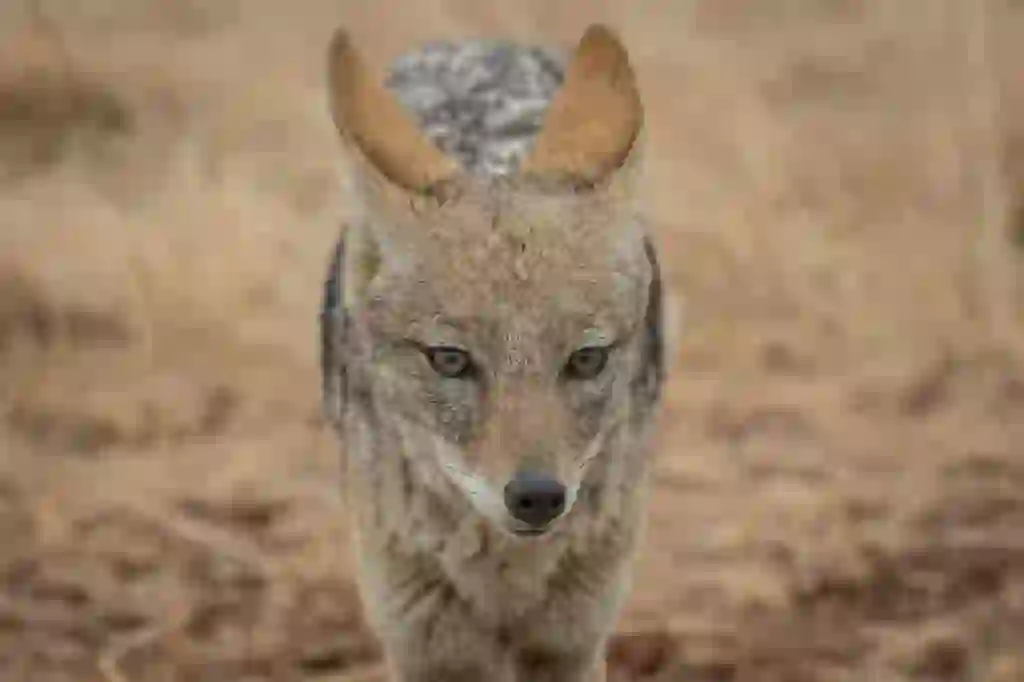
Mammalia-Carnivora-Canidae-Dog genus.
Black-backed jackal. Length:45~90cm weight:7~15kg.
Jackals are small canine animals with an appearance similar to that of wolves, coyotes, and foxes, and are classified into four types, but each has a different ecology and habits.
In zoology, the term jackal simply refers to the "golden jackal ", which has the largest habitat, but many people probably think of the "black-backed jackal", which has a black pattern on its back.
Jackals basically live in pairs of males and females, or in small flocks consisting of pairs and their children. They are known to be monogamous, which is rare among mammals, and once they become husband and wife, they spend the rest of their lives with the same partner.
Males of the black-backed jackal reach sexual maturity at about 2 years of age, and females reach sexual maturity at about 1 year of age, allowing them to become pregnant and reproduce. Their breeding season is from January to March, and their gestation period is about 60-65 days, and they give birth to 5-6 babies (average of 4) per birth.
Males and females work together to raise children, but if a child born in the previous year is in the herd, they will help raise the child as a helper. Jackal's children are able to hunt after about six months of age, and after the age of two, they leave the herd and start to have their own territory.
Jackal Q&A

How did jackal get his name?
The origin of the name "jackal" is not clear, but it is thought to have been derived from the Sanskrit word "shrigara," which means "golden jackal.
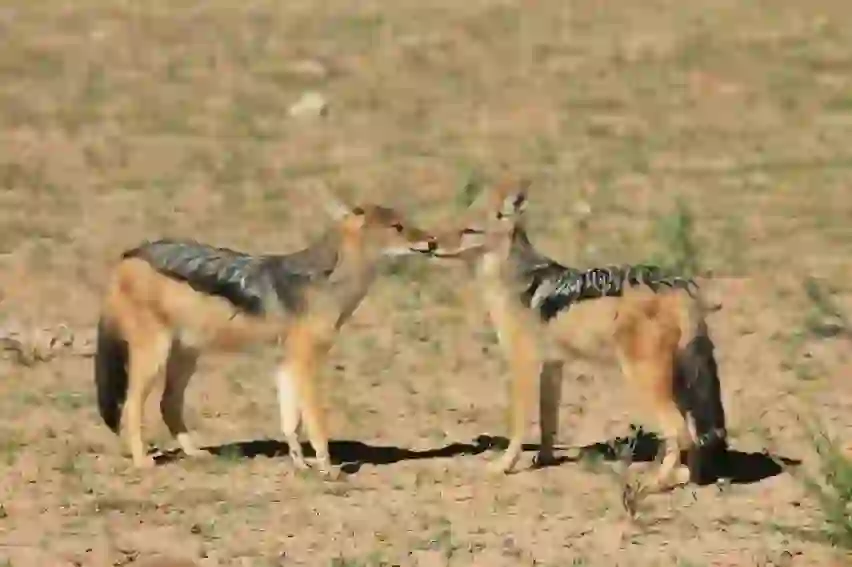
Why does jackal live there?
There are four types of jackals in total, but three of them, the black-backed jackal, the side-striped jackal, and the ethiopian wolf, are found only in Africa.
The other species, the golden jackal, has a wide habitat and is found in a wide range from Africa to Europe and Southeast Asia.
However, I didn't know the specific reason why jackals live mainly in Africa.Perhaps it has something to do with the fact that Africa is not home to animals that compete with jackals, such as gray wolves and foxes.
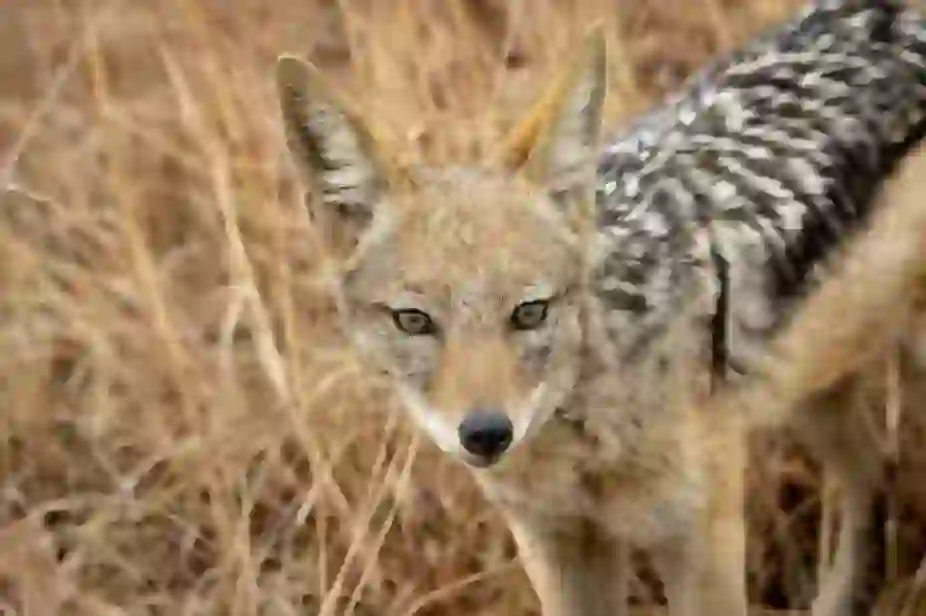
What is jackal eating?
Wild jackals are omnivorous, feeding on rodents, mongooses, thomson's gazelles and other antelopes, herbivore children, birds and eggs, as well as reptiles (lizards and snakes), frogs, insects, fruits, and dead meat.
Jackals are small, so they hunt small prey such as rats alone, but large prey such as antelopes work together in packs.
Normally, they do not challenge animals that are larger than antelope, but if they are weakened by illness or injury, they may challenge and defeat them.
Incidentally, jackals, which live in Africa, follow lions and spotted hyenas and sometimes receive their spills.
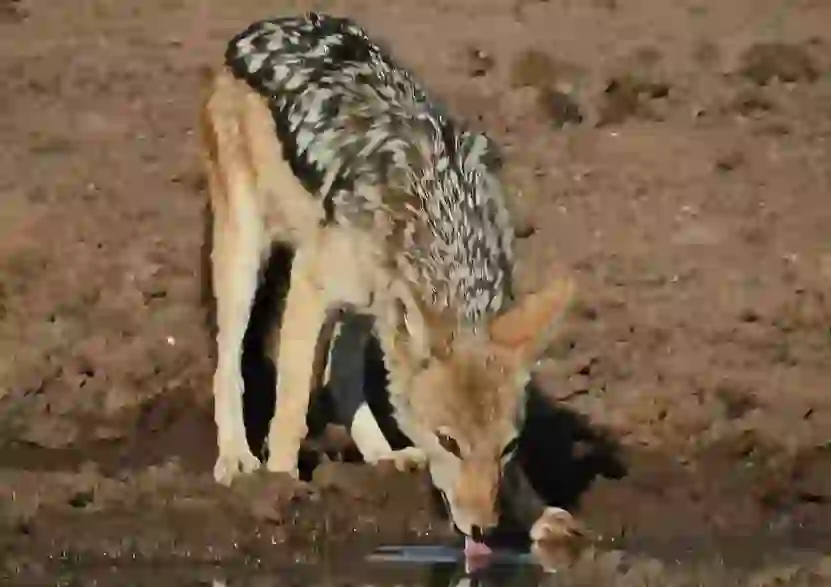
Are jackals mean animals?
Jackals are often thought of as nasty animals because of the image of eating dead meat, but in reality, they are not mean. Rather, they have an important role to play in keeping the habitat environment hygienic.
Most of the places where jackals live are inhabited by large carnivores such as lions and tigers.
Jackals eat the prey left behind by these large carnivores and the corpses of animals that have died of illness or injury, and act like cleaners in nature.

What is the difference between a jackal and a wolf?
Jackals and wolves are members of the same dog genus and look similar, but what are the differences? The difference can be discerned by habitat, body size, and what they are eating.
Wolves live in a wide area of the northern hemisphere, including the United States, Canada, Russia, India, and Europe, but three of the four species of jackals live only in Africa. (golden jackals live from Africa to Europe and Southeast Asia, so depending on the location, wolves and golden jackals may meet)
Also the body of the wolf(gray wolf) is about 82-160cm long and weighs about 18-80kg, while the largest of the jackals, the golden jackal, is about 60-106cm long and weighs about 7-15kg.
Therefore, it can be said that wolves are overwhelmingly larger in length and weight.
As for the difference in what they eat, wolves, which are almost completely carnivores, mainly prey on large herbivores such as deer and wild boars, while jackals are omnivorous and mainly prey on small animals, but they may also eat fruits and other plant matter.
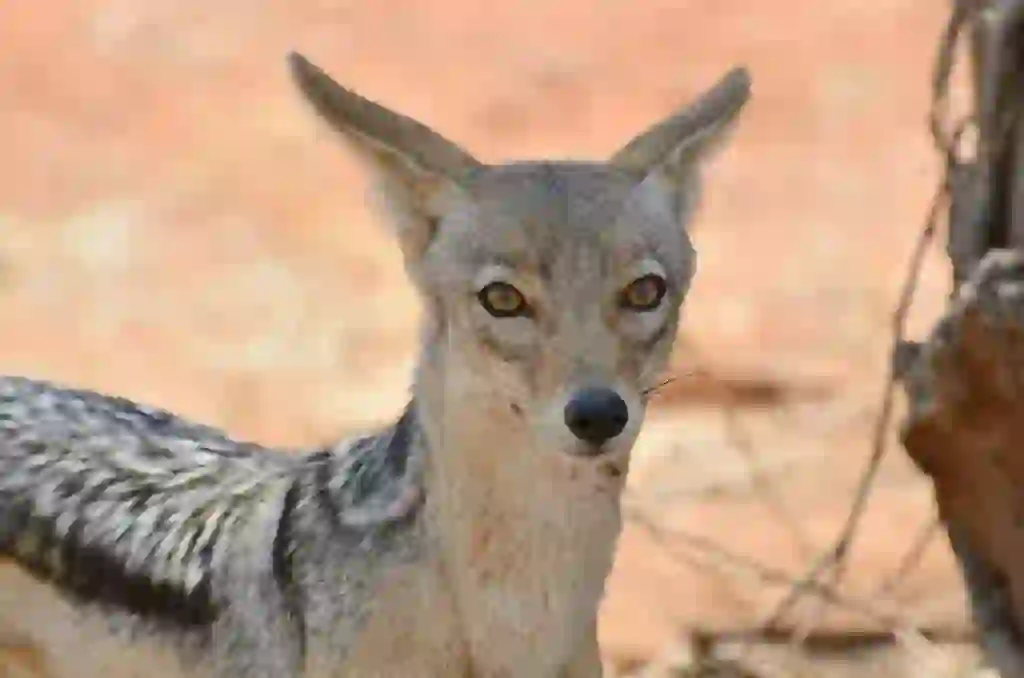
What is the difference between a jackal and a hyena?
Next to the differences between jackals and wolves, let's also look at the differences between jackals and hyenas.
Both jackals and hyenas have a habit of eating the flesh of dead animals and are characterized by their high adaptability to the environment, but what are the differences?
First of all, hyenas are similar to canids, but they are actually different. They are classified as "carnivora-Hyena" and are taxonomically closer to the older type of cat than dogs.
Jackals and hyenas also live in packs, but the relationships within the packs are very different. In a hyena herd, the female is the leader and the ranking of the members is clearly determined, and all members of the herd must follow the leader.
On the other hand, a jackal herd consists mainly of male and female pairs and their children, and the members of the herd live in harmony and cooperation with each other.
Also hyenas have strong jaws and teeth, and are characterized by the fact that they chew up even the hardest bones of animals and eat them. Jackals are small and their jaws are not that strong, so they cannot eat while chewing on their bones.
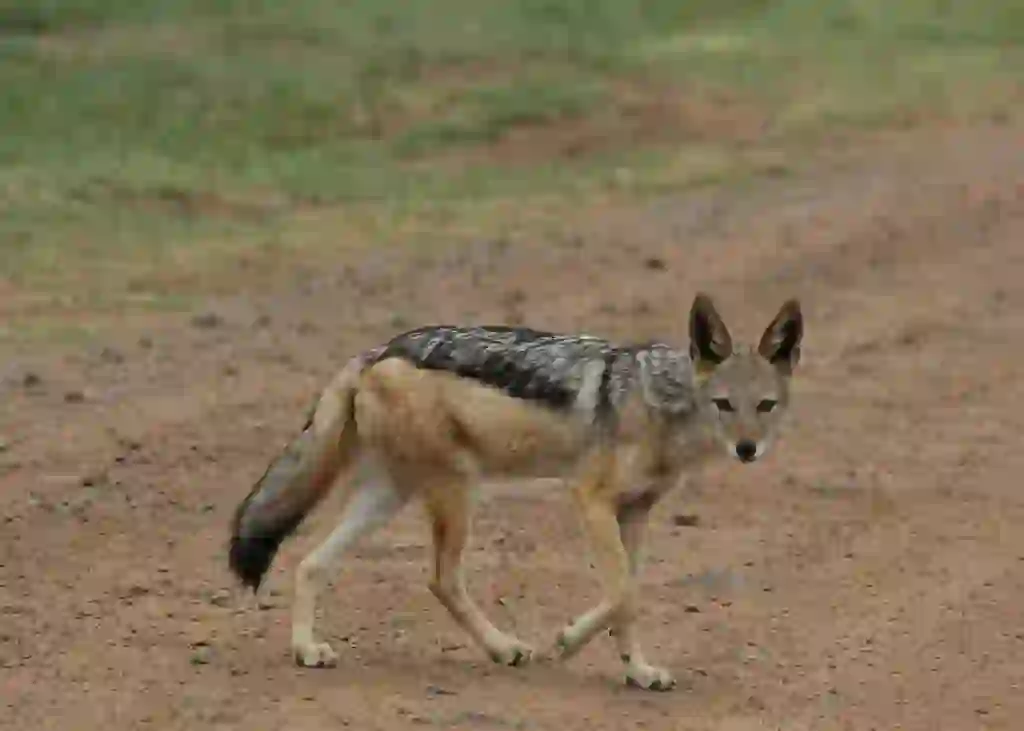
Is it true that there are two types of golden jackals?
It's true.
In the past, it was thought that all golden jackals were the same type.
However, genetic analysis revealed that the golden jackals that live in Africa and the golden jackals that live in Eurasia (the continent from Europe to Asia) are actually different species.
Moreover, it does not mean that they diverged from the same ancestor, but it is thought that after the Eurasian golden jackal and the grey wolf diverged, the grey wolf and the African golden jackal diverged.
For this reason, a genetic study of the golden jackals that live in Africa shows that they are closer to the gray wolf than the golden jackals of Eurasia.
Incidentally, the golden jackal, which lives in Africa, is sometimes referred to as the african golden wolf.
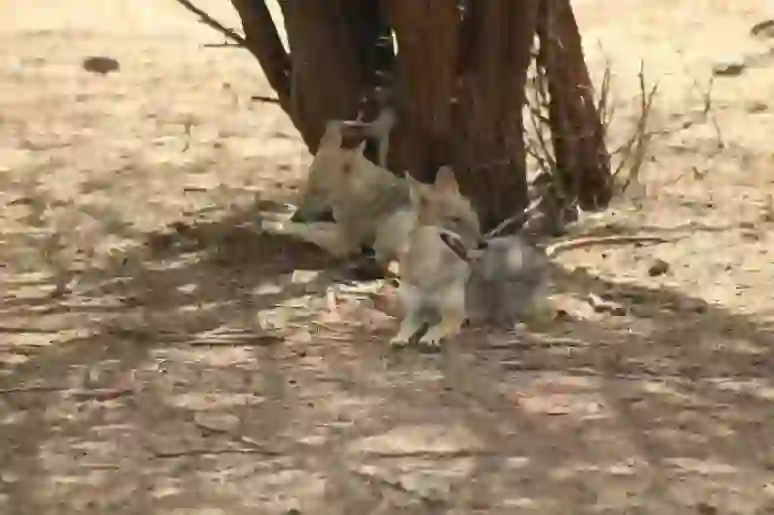
Can jackals be kept as pets?
Whether or not you can keep a jackal as a pet at home depends on the laws of each country, so this article will mainly introduce whether or not you can keep a jackal in Japan.
First of all, all four types of jackals are designated as "specified animals" by Japanese law, which can be dangerous to human life and property.
In addition, after June 1, 2020, it was completely prohibited to keep specified animals for petting purposes, so jackals cannot be kept as pets in Japan.
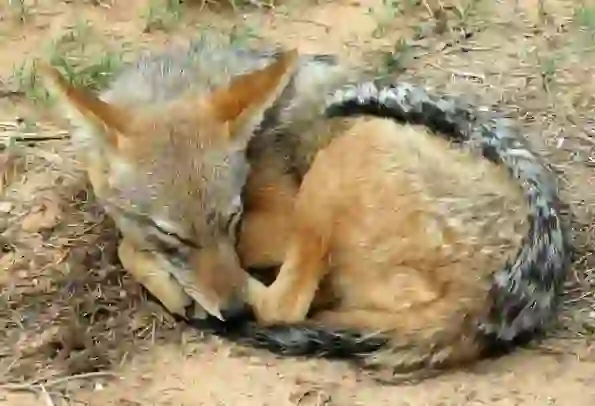
Can't you see jackals in Japan?
In conclusion, there are no zoos in Japan that keep jackals at this time.
In the past, black-backed jackals were bred at Higashiyama Zoo in Aichi Prefecture until 2016, and at Shunan City Tokuyama Zoo in Yamaguchi Prefecture until 2018, and golden jackals were once bred there.
In the wild, jackals have a vast territory and need a large plot of land to raise jackals that move over a wide area in search of their prey.
Considering the difficulty of keeping jackals in appropriate facilities, it is unlikely that jackals will be kept in zoos in Japan in the future.
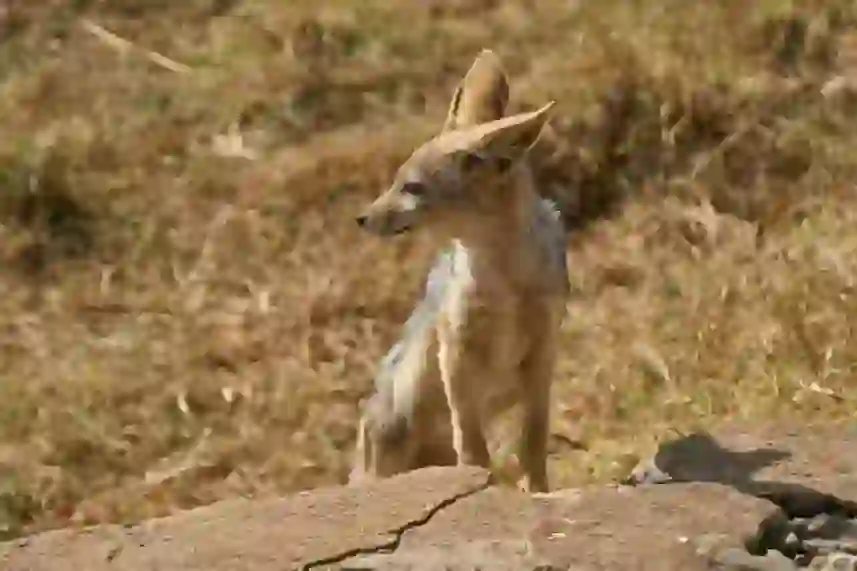
How long does a jackal last?
The lifespan of a jackal varies slightly from species to species, but it is said that the lifespan of a black-backed jackal is up to 7 years in the wild and up to 14 years in captivity. It is also said that the life span of the side-striped jackal is about 10 to 12 years.
The lifespan of the golden jackal was not clear, but records show that some individuals have lived up to 18 years in captivity.
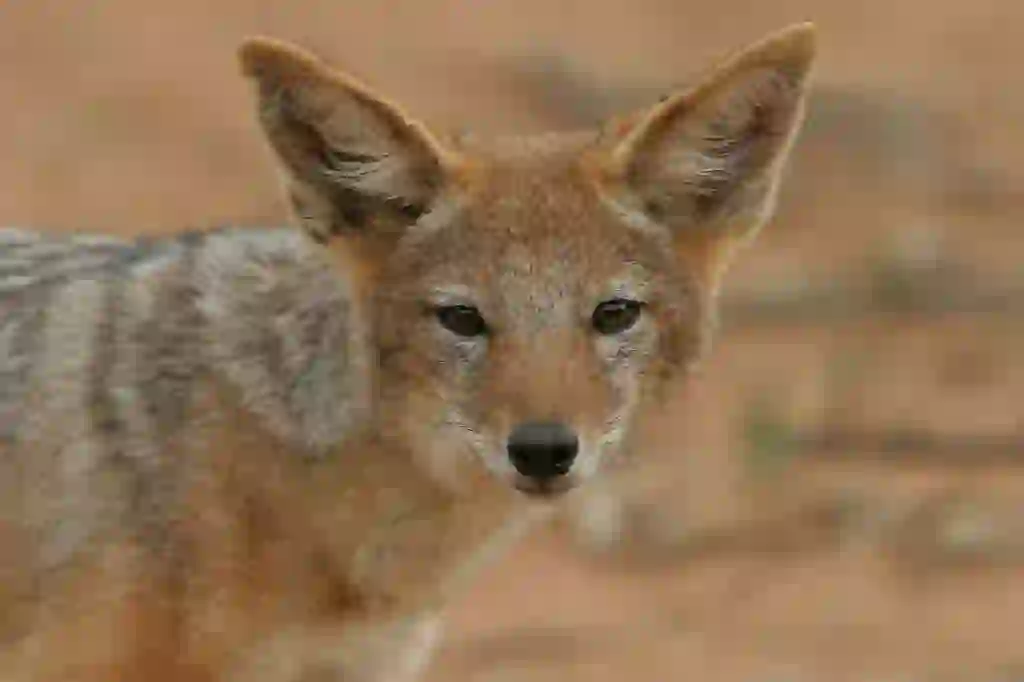
What enemies does the jackal have?
The natural enemies of wild jackals are said to be leopards, hyenas, pythons, and birds of prey.
But for the jackal, our greatest enemy is us humans. Jackals are disliked as animals that attack livestock (especially lambs), and sometimes clashes occur with farmers.
However, since jackals have a strong ability to adapt to the environment, there is no particular risk of extinction for black-backed jackals, side-striped jackals, and golden jackals.
However, only the ethiopian wolf was misunderstood as an animal that attacked livestock, and was shot at at at random in the past.
In addition, the number of prey has decreased due to habitat development, and rabies has been transmitted from pet dogs, which has greatly reduced the number of prey, and there is a concern that they will become extinct if they continue to do so.

Would you like to become a part of the 'Animalbook.jp'?
Turn your knowledge into Q&A and share it with the world. ※Publication will be activated after purchase. Let's share information together!
Jackal Type of List
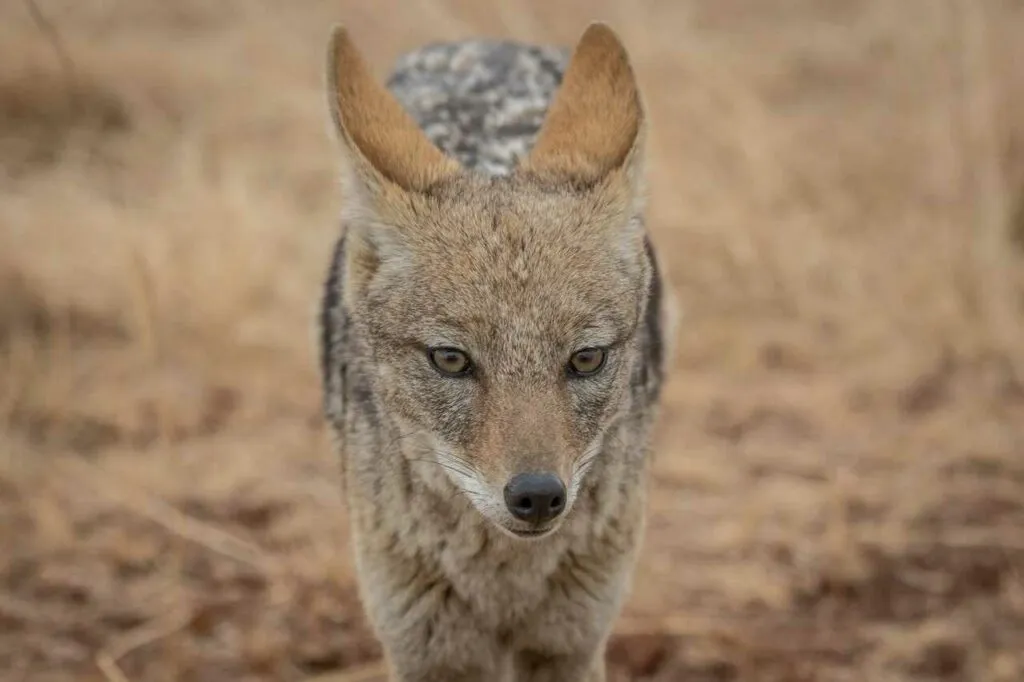
・セグロジャッカル ・ヨコスジジャッカル ・キンイロジャッカル(別名:ゴールデンジャッカル、ハイイロジャッカル) ・アビシニアジャッカル(別名:エチオピアオオカミ、シメニアジャッカル、シメニアギツネ)
Information
Congratulations! You are the first commenter!

Create Your Favorite List!
Jackal
Save the animals you love! Build your own list to quickly revisit your favorites later.

Would you like to leave a comment?
※Please note: This is for the purchase of rights to post comments within the article.
Find Your Favorites!
Our shop offers a unique and attractive selection of goods themed around various animals.
Jackal References

- 今泉 忠明(2007年)『野生イヌの百科』データハウス
- ITmedia NEWS「ジャッカルの印象に思いをはせる」 https://www.itmedia.co.jp/dc/articles/1109/22/news086.html
- ウィキペディア(Wikipedia)「ジャッカル」 https://ja.wikipedia.org/wiki/ジャッカル
- 特定外来生物・特定(危険)動物へのマイクロチップ埋込み技術マニュアル 4比較的大型のイヌ類〈食肉目、イヌ科・ハイエナ科〉 https://www.env.go.jp/nature/dobutsu/aigo/2_data/pamph/h1804/06.pdf
- Gakkenキッズネット「ハイエナ」 https://kids.gakken.co.jp/jiten/dictionary06100013/
- Twitter「東京ズーネット[公式]」 https://x.com/tokyozoonet_pr/status/627419342066454528
- CNN.co.jp「アフリカのキンイロジャッカル、実は新種のオオカミだった」 https://www.cnn.co.jp/fringe/35068353.html
Jackal Introduction of media used
出典:https://pixabay.com/videos/id-50531/

出典:https://www.pexels.com/ja-jp/photo/4740963/

出典:https://pixabay.com/images/id-5286231/

出典:https://www.pexels.com/ja-jp/photo/4740966/

出典:https://unsplash.com/photos/W-WOK6mOC5M

food
出典:https://pixabay.com/images/id-1170243/
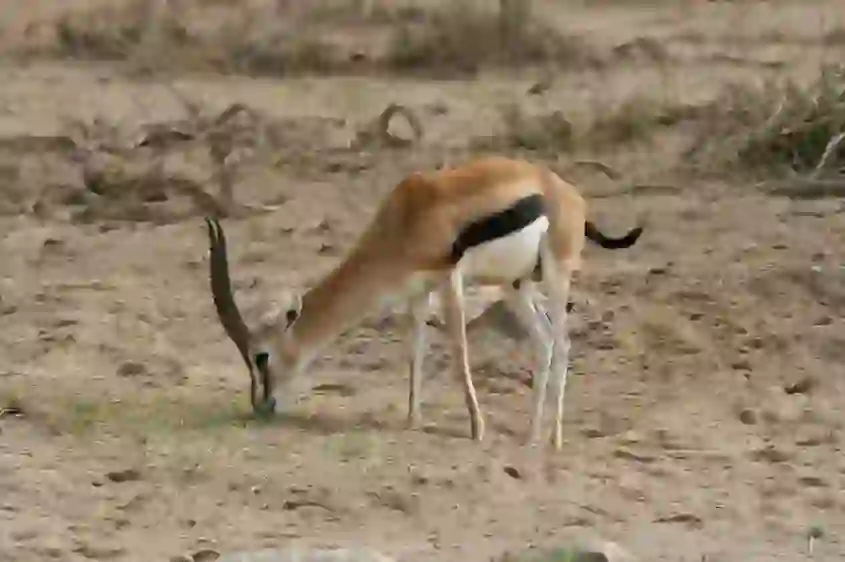
food
出典:https://pixabay.com/images/id-2304092/

出典:https://pixabay.com/images/id-2595360/

出典:https://unsplash.com/photos/X6lHBhfNdys

similar
出典:https://pixabay.com/images/id-1336229/

出典:https://pixabay.com/images/id-4455468/
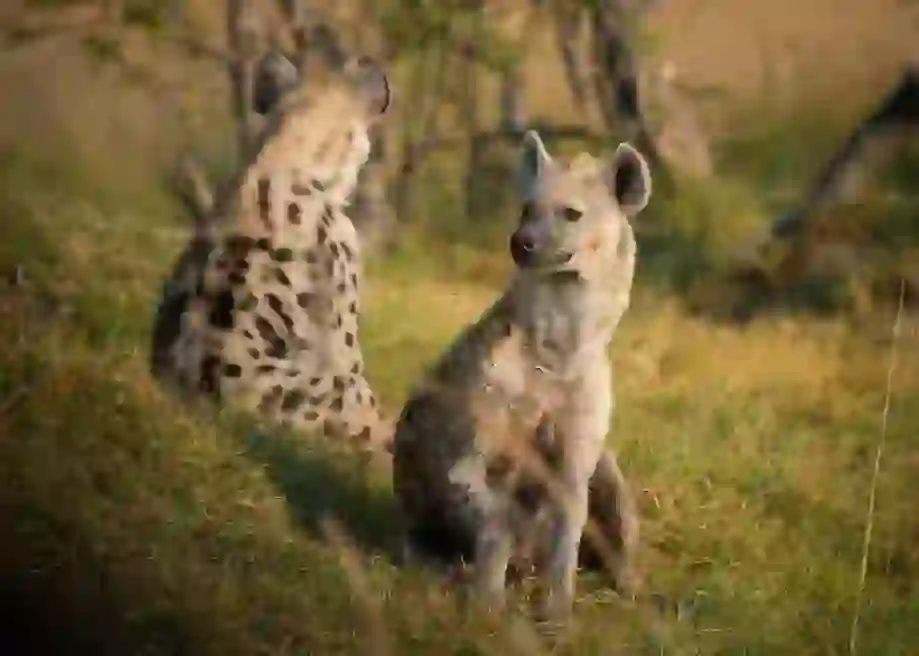
similar
出典:https://pixabay.com/images/id-1022409/

出典:https://pixabay.com/images/id-5448215/

出典:https://pixabay.com/images/id-534833/

出典:https://unsplash.com/photos/gU4TKG-PgEg

出典:https://pixabay.com/images/id-4679061/

enemy
出典:https://pixabay.com/images/id-518210/
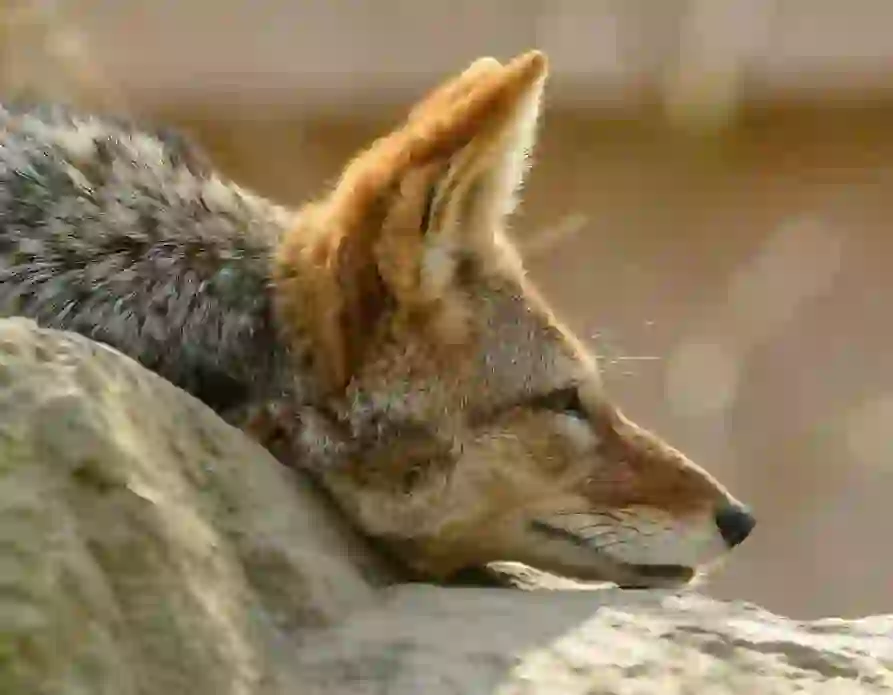
出典:https://pixabay.com/images/id-5094342/

Help Enrich Our Animalbook.jp with Your Media!
We are constantly looking to expand and enrich our Animalbook.jp with amazing photos and videos of animals. If you have any media that you'd like to share, please contribute and help us showcase the beauty and diversity of the animal kingdom. Your submissions will be credited and featured in our encyclopedia, reaching a wide audience of animal lovers.


















